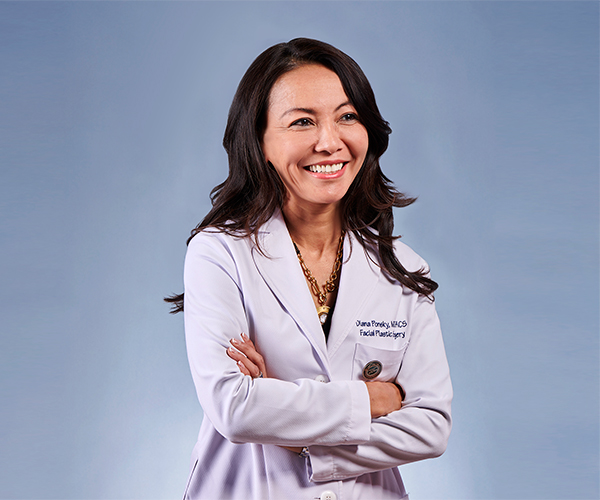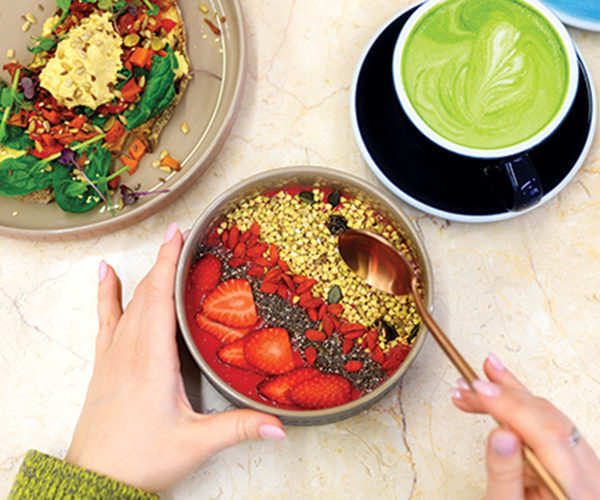fruit fuel
Though orange juice is packed with vitamin C, women should switch to eating the fruit. "A lot of people drink their calories," says the Cleveland Clinic's Dr. Linda D. Bradley, who explains that obese women are two to four times more likely to develop uterine cancer. And what juice drinkers gain in sugar and calories, they lose in fiber. "Fiber makes you feel more full," she says. As an added benefit: a 2007 study shows that a high-fiber diet cuts the risk of breast cancer by 50 percent.
go green
Prostate cancer is more common in the Western world than in Asia, though no one is quite sure why, says Cleveland Clinic urologist Mark Stovsky. The key could be drinking green tea, as indicated by a recent National Institutes of Health study in which subjects drank six cups a day for three to eight weeks. "The possibility is that the antioxidant properties of green tea might decrease prostate inflammation, which is commonly found in association with the presence of prostate cancer," he says.
family ties
If any relatives have had colorectal cancer, start your screenings earlier than 50, says University Hospitals' Dr. George Kikano. With one-quarter of colorectal cancer patients having a family history of the disease, screenings are still the best prevention. "It can happen even in your early 30s," Kikano says. If a relative was diagnosed before age 60, start screenings at age 40. If they were young when the cancer was detected, start your screenings 10 years prior to the age they were when diagnosed.



